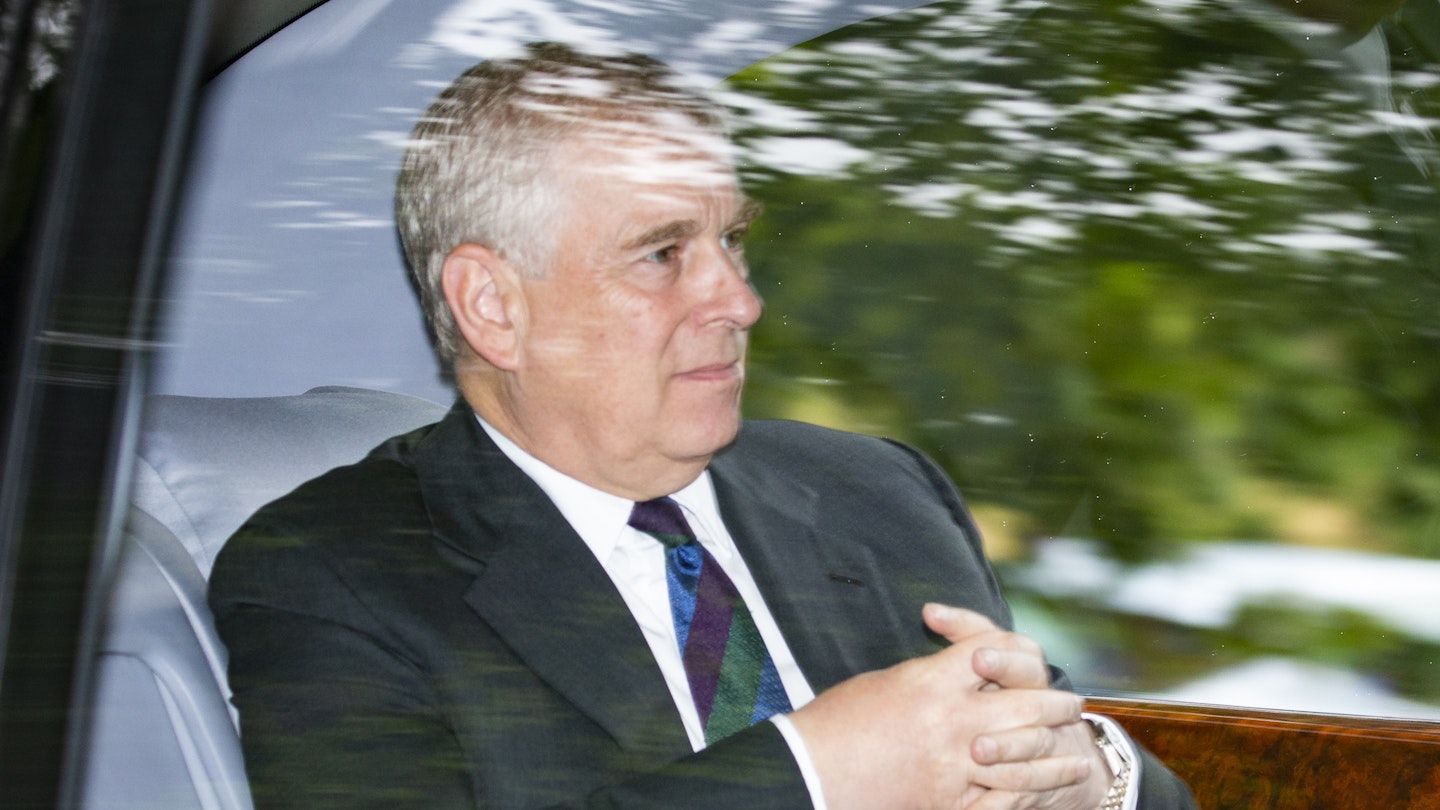Most people would say ‘event TV’ was a thing of the past, but, it would seem, when Prince Andrew agrees to a ‘no holds barred’ interview on why he hung out with convicted paedophile, Jeffery Epstein, and if he had forced sex with Virginia Giuffre, a 17-year-old trafficked by Epstein, once again we gather round our television sets on a Saturday night, eyes wide, as if gearing up for a Morecambe and Wise Christmas special.
The spectacle of the interview had me uneasy from the start. The BBC tweeted out snippets of their ‘WORLD EXCLUSIVE’ ahead of the interview, behaving as if this was of Frost/Nixon grandeur, although the crime was far more repulsive, and the subject was from a family famously unanswerable to anyone. Nevertheless, cue the big spotlights, the two chairs in the middle of a gigantic palace room. Huge portraits of sombre-looking men in gold gilded frames and thick carpets of intricate patterns reminded us who’s terms this really was on.
Yet all this ‘drama’ was for the denial of sex with a teenager and to explain why this tax-funded royal is friends with a convicted sex offender. Where was the police detective and interrogation room? Where was the FBI? Instead, it seemed, this is the condition in which a powerful man can deny allegations (even though the stunt seems to have backfired tremendously as the public are unanimously outraged by what they saw). Not only do I imagine Giuffre wasn’t given the same pomp and ceremony when she made those very allegations, I can pretty much guarantee, like so many other women who come forward with allegations of sexual abuse, no one was nearly half as eager to hear them – at least not to begin with.
Did anyone expect Andrew to say anything revelatory? I don’t suppose so, but I’m not sure anyone expected him to say anything quite so offensively stupid, either. His accuser noted he sweated a lot, but that can’t be true, he said, because his time in the Falklands (read: duty/hero) has meant he has a ‘peculiar’ medical condition in which he no longer sweats. And no, he wasn’t at the club with Giuffre (he claimed he’d never heard of the club, despite pictures existing which show him leaving it on a previous separate occasion), because he was in a Pizza Express in Woking. And while he can remember that, he can’t remember ever meeting Giuffre, despite the picture of the two of them together, his arm slung round her waist. ‘How do you explain the photo?’ Emily Maitlis pressed. ‘I can’t,’ he said, as if that was an entirely satisfactory response to the fact he is denying photographic evidence that he had at one time known the woman who is saying she was repatedly directed to have sex with him.
When Andrew denied knowing Giuffre, it felt like the familiar, typical dismissal of victims, names not known, lives not worthy of recognition
And then there was his friendship with Epstein in which Prince Andrew clung to the language and etiquette of the protected classes. Along with the remarkable suggestion that he stayed with Epstein in New York because it was ‘convenient’, came an ever more bizarre suggestion that staying with Epstein was the ‘honourable’ thing to do, despite his ‘unbecoming’ behaviour. The suggestion of honour is bewildering as it is insightful. In his network of truly powerful men, there is a code of honour, and that code of honour comes before choosing not to maintain a friendship with a serial sexual predator.
Many on Twitter wondered if he’d show the same loyalty to a woman, but how could he? This is a boys’ club because they’re the ones with the power. The male privilege plus the wealth plus the status bonds them, and the world has taught them that as members of this elite club they can have whatever they want. Yes, Ghislaine Maxwell was heavily involved, but I can’t help but suspect the loyalty here is to those most like yourself – privileged, powerful, seemingly untouchable, male. The word honour shows us a small window into how the powerful operate; how the mutually beneficial tramlines of influence that hold each other up, must be reinforced for the sake of all of them – and to hell with anyone else. Anyone else, like Giuffre, for example, or the dozens of lives Epstein detonated.
And that was what was so startlingly absent: the girls (now women), the victims, any remorse or sorrow or anger for what Epstein had inflicted. They were missing from this version. And when Andrew denied knowing Giuffre, it felt like the familiar, typical dismissal of victims, names not known, lives not worthy of recognition, an erasure from their own narrative. The women written out, absent, a ghost in a photo he can’t or won’t explain.
The interview reminded me that we are clearly still always so ready to listen to powerful men, no matter the company they keep or the allegations against them. And yet it also felt uncomfortably at odds with the rise in survivors' voices we’ve been hearing, from Chanel Miller telling her story as a survivor of sexual abuse to Weinstein’s victims on stage at a London event with journalists Jodi Kantor and Megan Twohey this month.
And in this moment of women’s voices, taking claim to their own experiences, the BBC’s interview with Prince Andrew felt like being pulled back into the past – and not only because it was event TV. Prince Andrew thought his power and influence could control the situation, could overwrite the narrative of a less powerful woman. But perhaps, on this occasion, it no longer worked. Given the widespread public response, hopefully that modus operandi is something soon to be resigned to the past forever.
READ MORE:
Prince Andrew Has Given A 'No Holds Barred' Interview About The Epstein Allegations
